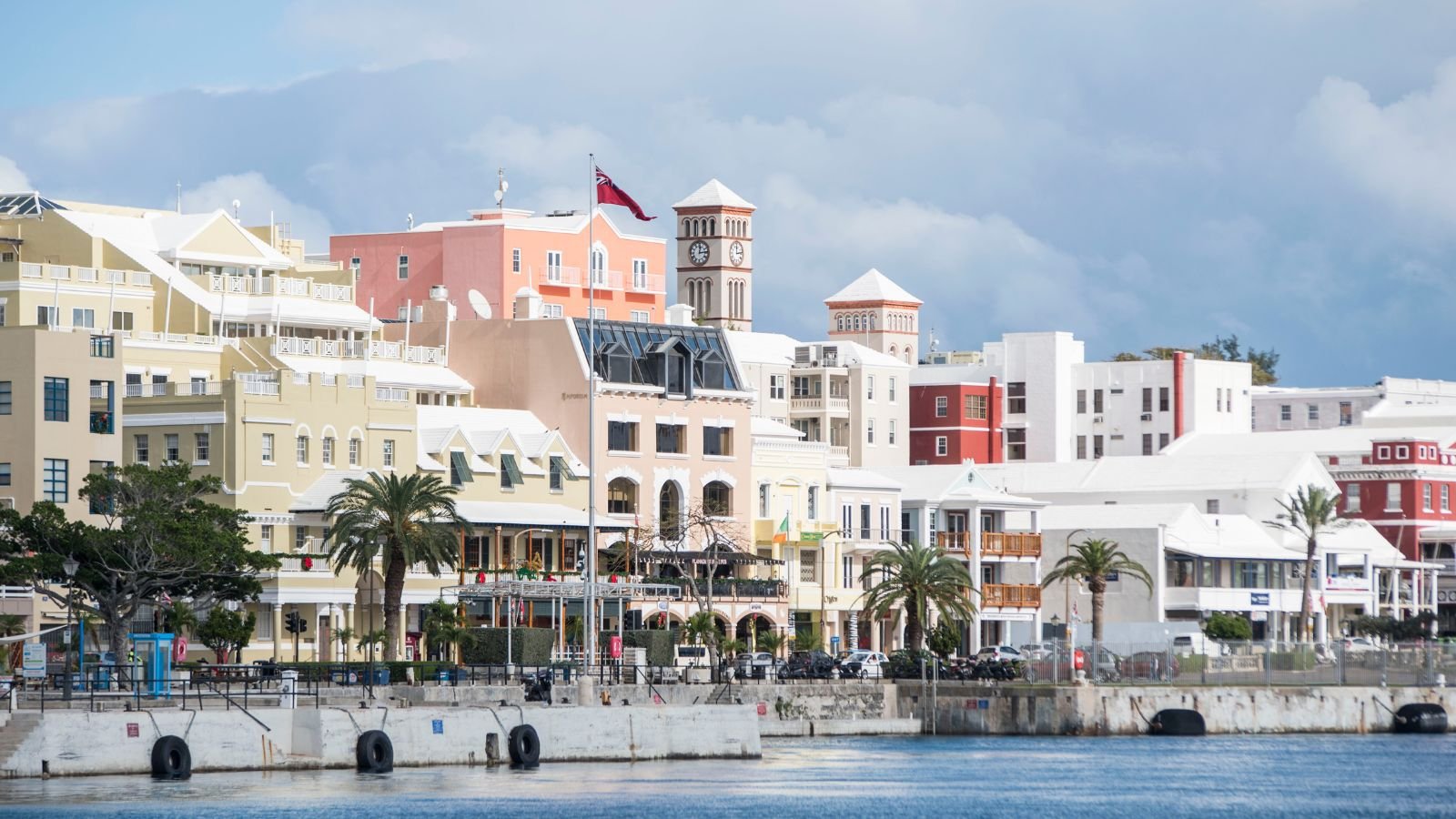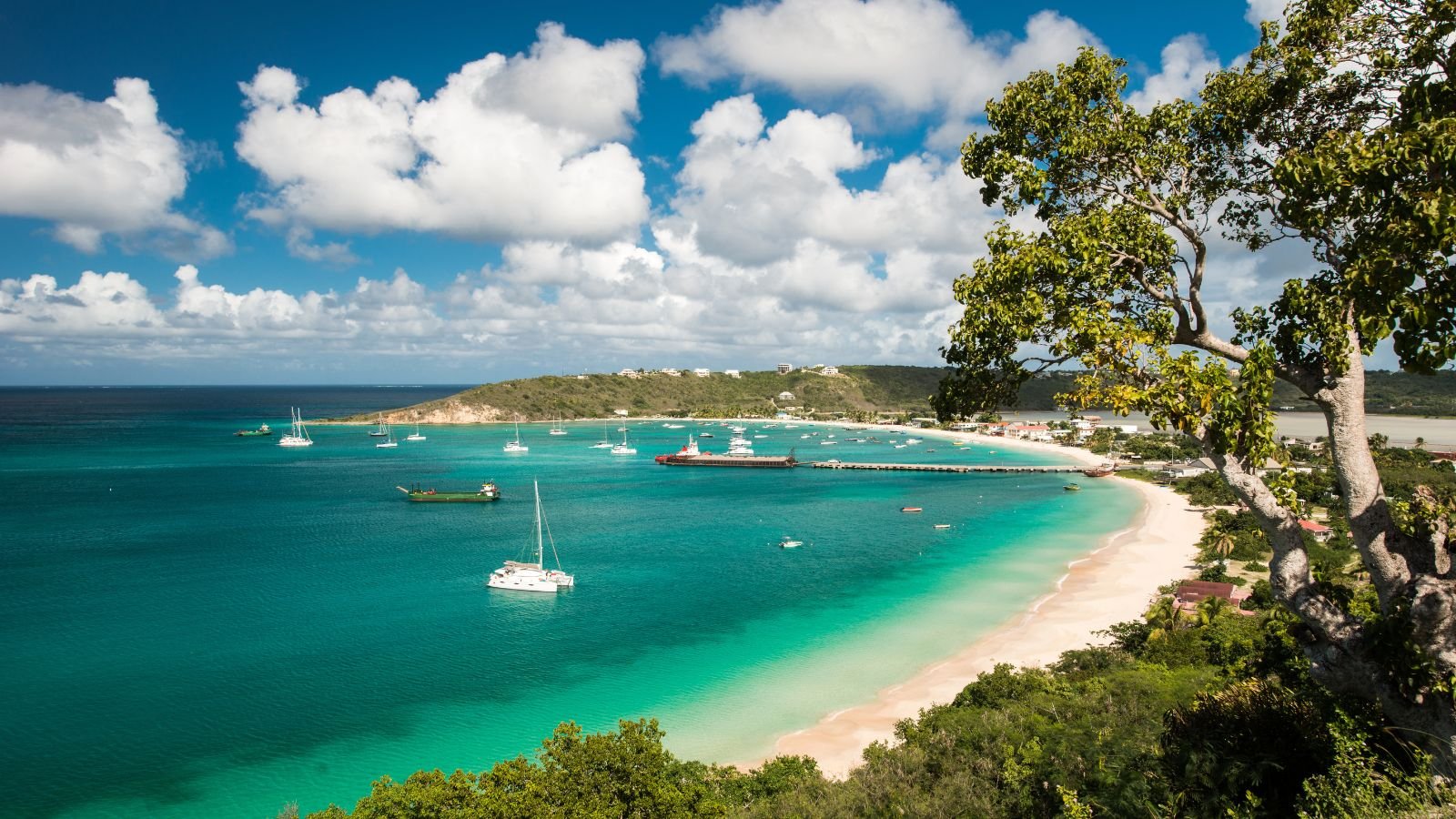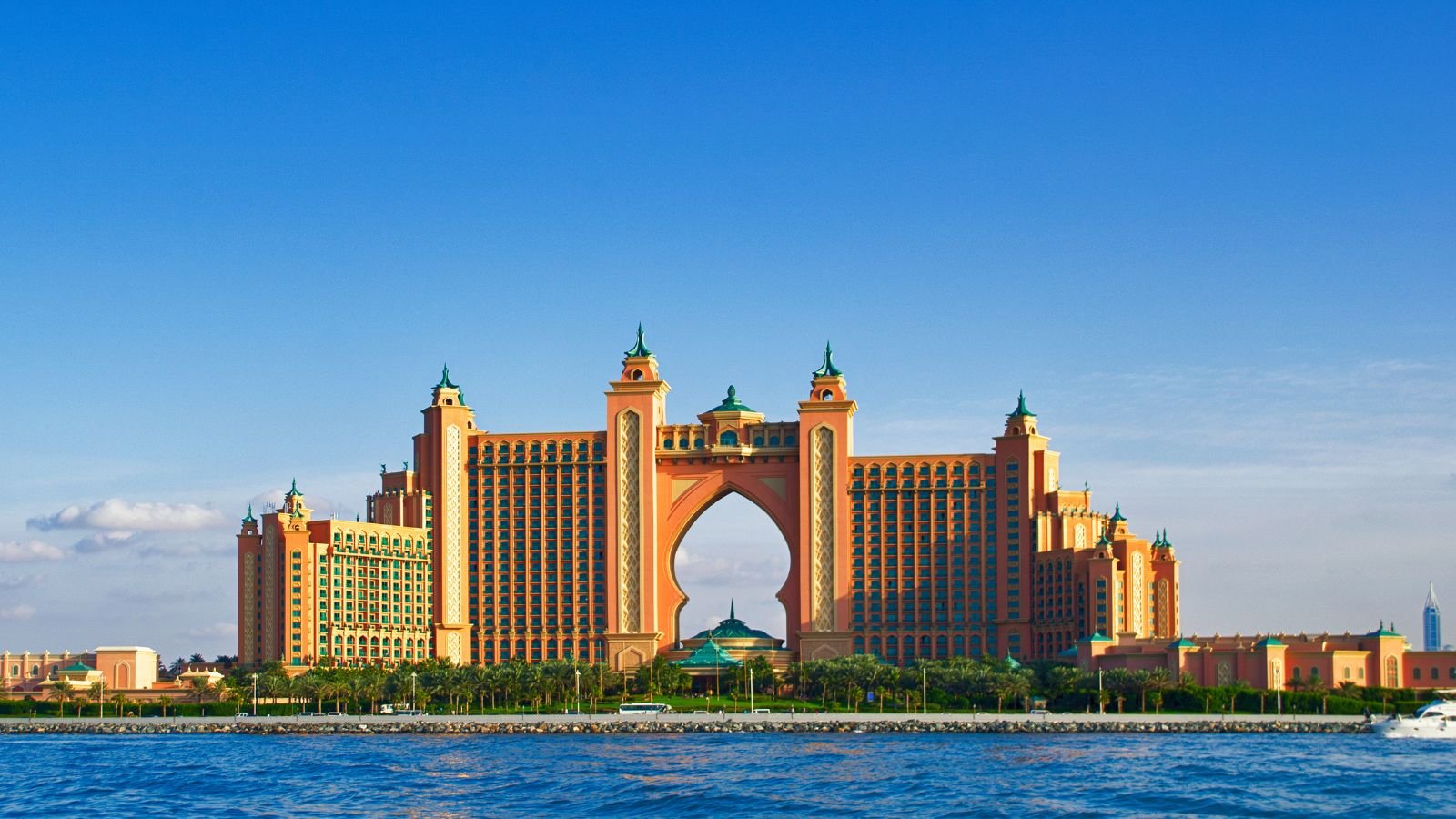Whether you’re an expat, digital nomad, or retiree, several countries across the globe offer significant tax advantages. While these countries offer tax advantages, you should consider other factors such as the cost of living, quality of life, and political stability. Here are 12 tax-free countries to consider for preserving your wealth.
Bahamas

The Bahamas is a paradise not just for its beaches but also for its tax policies. Residents and expatriates do not have to pay personal income tax. Profits from selling assets like stocks or property are not taxed, allowing investors to maximize their returns.
Wealth can be passed down to heirs without tax implications, preserving family wealth across generations as there is no inheritance tax. The government funds public services through VAT and customs duties. Tourism also significantly contributes to the national economy.
Bermuda

Bermuda is renowned for its favorable tax environment and high standard of living. Here, residents retain all their earnings without deductions for income tax. Investments grow without tax interference, and there’s no VAT on purchases, keeping consumer costs down.
The government relies on payroll taxes, which employers deduct from wages, and import duties, which can be high. Here, you can enjoy a blend of British charm and island luxury with excellent healthcare, education, and infrastructure.
Brunei

Brunei, a small yet wealthy nation on the island of Borneo, boasts significant advantages for residents. Here, residents do not pay taxes on their earnings, which is rare in Southeast Asia. The state’s wealth from oil and gas reserves allows it to subsidize public services and maintain infrastructure without taxing residents.
Moreover, The government provides free healthcare, education, and substantial public housing programs funded by its sovereign wealth fund. Brunei does not offer straightforward residency for foreigners, but long-term stay can be achieved through employment or investment.
Cayman Islands

Known as a major offshore financial center in the Caribbean, the Cayman Islands offers several tax benefits. Here, you can benefit from tax-free earnings and investment returns. The absence of corporate taxes makes this a prime location for international businesses.
Government funding comes from indirect taxes such as import duties, work permit fees, and tourism-related taxes. The Caymans are famous for their strong privacy laws and are home to numerous banks, hedge funds, and insurance companies.
Kuwait

Kuwait, located in the Persian Gulf, leverages its oil wealth to provide a tax-free lifestyle. Individuals, both citizens and expatriates, enjoy a complete exemption from income tax. The vast majority of Kuwait’s revenue comes from its oil industry, which allows the government to provide extensive public services without taxing residents.
Citizens in Kuwait benefit from free healthcare, education, and subsidized utilities. Expats often receive attractive salary packages with housing and transportation allowances.
Monaco

Monaco, a tiny principality located on the French Riviera famous for its glamorous lifestyle and favorable tax policies. Since 1869, Monaco has not levied a personal income tax, making it a popular destination for wealthy individuals looking to preserve their wealth.
Monaco also does not impose taxes on capital gains or inheritance for its residents, which is a significant advantage for estate planning. The country funds its operations through VAT, business taxes, and revenue from its state-owned enterprises.
Oman

Oman, located on the southeastern coast of the Arabian Peninsula, offers a tax-friendly environment with no personal income tax. Oman’s government revenue comes from its oil and gas industry. This allows the country to maintain a tax-free regime for individuals.
The government provides subsidized healthcare, education, and other public services funded by oil revenues. The country is increasingly open to foreign investment, offering various incentives to attract international business.
Anguilla

Anguilla, a British Overseas Territory in the Caribbean, is known for its stunning beaches and favorable tax regime. Residents here are not required to pay personal income tax, allowing them to keep their entire earnings.
The lack of capital gains and inheritance tax makes Anguilla attractive for investors and individuals looking to preserve their wealth. The government relies on import duties, property taxes, and fees from offshore financial services to generate revenue.
Saint Kitts and Nevis

Saint Kitts and Nevis, a dual-island nation in the Caribbean, is known for its attractive tax policies and citizenship-by-investment program. Here, residents do not pay personal income tax, capital gains tax, or inheritance tax, which allows them to retain all their earnings.
Saint Kitts and Nevis offers one of the oldest and most popular citizenship-by-investment programs, attracting investors who contribute to the country’s economy through real estate or donations.
United Arab Emirates

The UAE, particularly its emirates of Dubai and Abu Dhabi, is famous for its tax-free status and rapid development. Residents do not pay taxes on income or capital gains, making it a coveted destination for expatriates and businesses.
The UAE’s wealth is derived from its oil and gas exports, which fund extensive public services and infrastructure projects. The government provides free or subsidized healthcare, education, and public utilities. The UAE is known for its high standard of living and advanced infrastructure.
Vanuatu

Vanuatu, a Pacific island nation, is known for its natural beauty and favorable tax regime. Residents here do not pay personal income tax, which allows them to save more. The exemption of taxes on capital gains and inheritances makes Vanuatu an attractive destination for those seeking to preserve wealth.
The government funds its operations through VAT, import duties, and revenue from tourism and agriculture. Vanuatu offers a citizenship-by-investment program, allowing investors to obtain citizenship by contributing to the nation’s development fund or investing in real estate.
Somalia

Somalia, located in the Horn of Africa, has a unique tax environment due to its economic and political situation. Due to years of conflict, Somalia doesn’t have a formalized tax system in place. This means that many individuals and businesses don’t pay any formal taxes.
The government relies on customs duties, port fees, and aid from international organizations to fund its operations. Local authorities may also levy informal taxes. Despite the challenges, Somalia has a thriving informal economy, with significant activity in different sectors.
